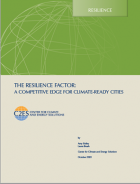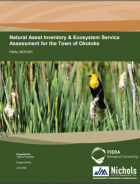Alberta Institute of Agrologists 13th Annual Conference on Agriculture, Food and the Environment
Morning Plenary Session
March 16, 2017
Integrating Agriculture & Forestry into Alberta’s Energy Systems (David Layzell, CESAR)
David Layzell, professor at the University of Calgary and Director of the Canadian Energy Systems Analysis Research (CESAR) Initiative, studies the energy systems of Canada and models the costs, benefits and trade-offs of technologies and policies driving energy systems transformation. Between 2008 and 2012, he was Executive Director of the Institute for Sustainable Energy, Environment and Economy (ISEEE), a cross-faculty, graduate research and training institute at the University of Calgary.
Concerns about climate change have focused national and global attention on how best to transform anthropogenic energy systems to reduce greenhouse gas (GHG) emissions. In assessing energy systems, decision makers typically consider only the annual flows of energy (and the carbon that energy contains) linked to the production and use of fuels and electricity. As can be found on our website (www.cesarnet.ca/visualization), CESAR has been compiling data and building technology-rich, national and provincial models depicting the past, present and possible future energy (= fuel and electricity) systems of Canada and its provinces.
It is important to note that this perspective ignores the flows of energy and carbon associated with the annual production and use of food and fibre. To address this shortcoming, CESAR is integrating into our models of Canada’s traditional energy systems, the flows of energy and carbon associated with Canada’s annual agriculture and forestry harvest. The results show that the annual primary energy production from Canada's managed biological systems is on a scale similar to the nation's primary production of oil, natural gas or uranium. In this presentation, I will summarize these and other findings and discuss the implications for policy and investment decisions if we are to optimize the role of Canadian agriculture and forestry in addressing the challenges of climate change while contributing to food, fibre, fuels and electricity demands across Canada and around the world.





